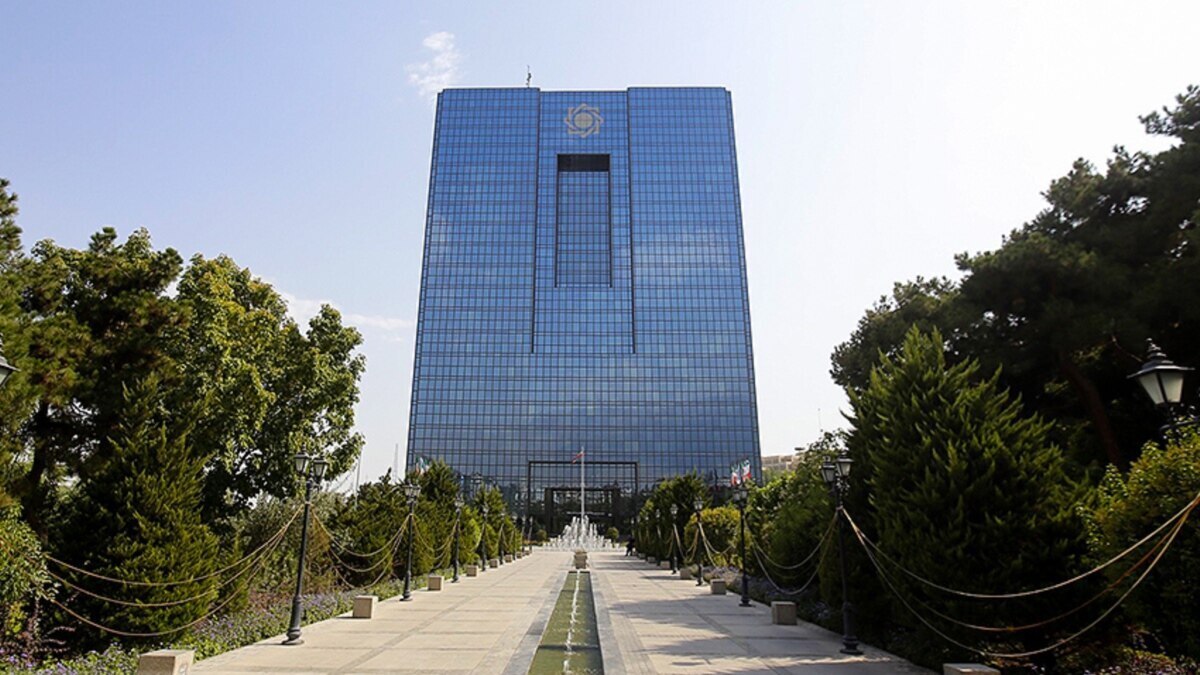
Interest Rates Should Align with Inflation/ Some Banks Have Gone Beyond Holding Companies and Become Speculators

In an interview with Eghtesad Online, Hussein Selahevarzi, an economic activist, discussed the challenges within Iran's banking system, particularly focusing on the issue of banks operating as holding companies. According to the Ministry of Economic Affairs, efforts are underway to eliminate this practice. The Minister of Economic Affairs has announced that "bank holding companies will be phased out within the next two years," but achieving this goal requires policies that prevent banks from continuing or intensifying this approach. Some economic analysts believe that in order to reduce the incentives for banks to engage in holding company activities, the government should bring interest rates closer to inflation rates. This is especially important given the difficulties banks have faced under sanctions and the accumulation of non-performing loans from businesses that took significant risks but failed to repay their debts on time.
EghtesadOnline: The key role of banks in the national economy is undeniable, and it is critical for banks to shift away from holding company activities and focus on supporting domestic production. Moving away from holding companies presents an opportunity for banks to release frozen assets and direct them towards the goals of the Seventh Development Plan, economic revitalization, and production growth. However, what roles should the government and banking system play in achieving this?
Cheap Money Functions as Rent
Selahevarzi stated: "We live in a country where, for at least the past four decades, the real interest rate has been negative, meaning inflation has always been significantly higher than interest rates. Therefore, cheap money essentially acts as a form of rent. The mechanisms for recovering loans over the years have often incentivized defaulters and those who have failed to meet their financial obligations. Loans or credit facilities have been granted to individuals or groups at interest rates that were at least half of the country’s inflation rate. Even when penalties were factored in, repaying these loans was not economically viable, and as a result, we have witnessed significant defaults on banking loans."
He continued: "On another front, banks, particularly private banks, are functioning as businesses. If banks are supposed to provide loans to depositors and shareholders' funds at rates much lower than inflation, they will inevitably become bankrupt very quickly. Over the years, banks have tried to diversify their activities beyond banking services in order to avoid bankruptcy. While this approach existed before, in some cases, it has led to speculation, leaving negative consequences. This is why lawmakers have attempted to prohibit such practices."
Interest Rates Must Align with Inflation / Bank Competition with the Private Sector is Dangerous
Selahevarzi, who is also the head of the National Entrepreneurs Organization, argued: "If banks use their resources for activities within their own companies, even if aimed at supporting production or other purposes, this becomes competition with the private sector, and it is dangerous. Resources end up being allocated to their own projects and companies, leaving private sector projects without financing. This is a direct consequence of price controls. As long as banks are instructed to raise funds at a 30% interest rate and are then forced to lend these resources at 23% or even lower, they will inevitably incur losses. To compensate for these losses, they are forced to either engage in holding company activities or commercial ventures."
He further explained: "Therefore, the government and policymakers must first focus all their efforts on controlling inflation in the country. Simultaneously, they must allow interest rates to align with inflation. In this scenario, banks would no longer have an incentive to operate as holding companies and would likely focus more on providing banking services."
The Need for Banks to Shift from Holding to Business Creation
Selahevarzi also emphasized the correctness of the Minister of Economy's viewpoint regarding banks shifting from holding company activities to business creation. "The primary role of banks is not to engage in holding company activities but to provide banking services and support the creation, establishment, and development of businesses – or as Mr. Hemmati suggested, the creation of businesses by banks," he said.
However, he pointed out that there should be no significant gap between the cost of funds in banks and the interest rates at which loans are provided. "One of the main problems in the banking system today is the issue of directed loans. Banks raise funds at 30% and are then instructed to lend those funds, under directive conditions, at lower interest rates, such as 15% for marriage or childbearing loans. This creates a financial imbalance for banks, both in terms of income and costs, leading to operational disruptions. Ultimately, the very existence and purpose of banks are called into question."




